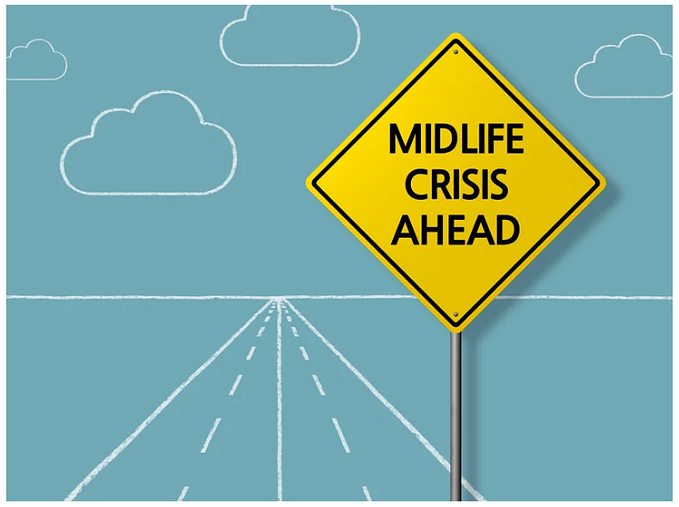Member-only story
How to Take the Perfect Mental Health Day
It’s one of the best ways to stay functional

 It’s Tuesday morning. It feels like you’ve dealt with an entire workweek and you’re already drained. You’re on your third coffee which is giving you heart palpitations and by 10 a.m. you feel like crying at your desk. You can’t concentrate on a single thing because you’re distracted by how miserable you feel.
It’s Tuesday morning. It feels like you’ve dealt with an entire workweek and you’re already drained. You’re on your third coffee which is giving you heart palpitations and by 10 a.m. you feel like crying at your desk. You can’t concentrate on a single thing because you’re distracted by how miserable you feel.
Sound familiar? You’re not sick, but you need a day off.
Regardless if someone has a mental health condition or not, everyone deserves mental health days to take time to relax and recharge. While allotted mental health days aren’t universally offered, society is making strides, at least when it comes to students: This year, Oregon passed a bill allowing students to take five mental health days in a three month period. Some companies offer mental health days, but it’s not the standard.
In today’s culture, employees feel the need to work hard constantly. Staying late at the office to work on projects is the norm, as is scarfing down a sad desk lunch instead of taking an actual lunch break. It’s no wonder 2019 was the year the World Health Organization officially recognized burnout as an “occupational phenomenon,” defining it as “a syndrome conceptualized as resulting from chronic workplace stress that has not been successfully managed.”
“The idea that you can function 24/7, 365 [days a year] at peak efficiency is just not compatible with human biology,” says Steven Siegel, MD, PhD, and chair of the department of psychiatry and the behavioral sciences at the Keck School of Medicine of USC. “If we don’t recognize the need to slow down and attend to our own health, then we’re headed down a self-destructive path.”
A recent survey conducted by mental health app Shine found that 95% of participants think taking a mental health day would improve their work performance, however, only 28% of these people would actually feel comfortable asking for a mental health day. Therein lies the problem.
“Recognize that the intentional plan to prioritize time to slow down and time to attend to yourself is not being selfish,” Siegel says. “It’s actually recognizing that this is the best way to keep yourself healthy, functional, and available to…










